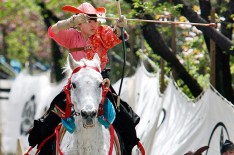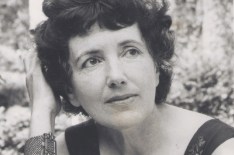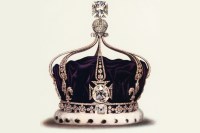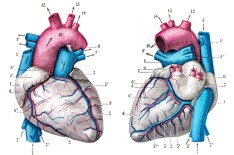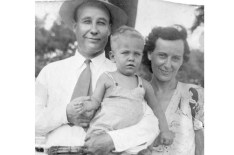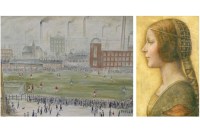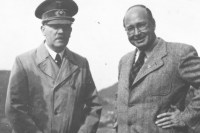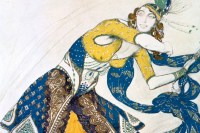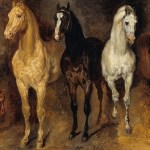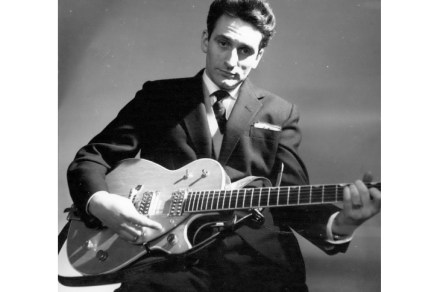The evil that men do
Early one summer’s morning in 1994, Paul Jennings Hill, a defrocked Presbyterian minister, gunned down a doctor, John Britton, as he arrived for work at an abortion clinic in Florida. Unrepentant by the time of his execution nine years later, Hill (who I really don’t recommend Googling) was associated with the Army of God (ditto), which urges the murder — or ‘justifiable homicide’ — of abortion providers in the United States. Given how often Joyce Carol Oates’s awesomely prolific output concerns male violence and women’s bodies, it’s no surprise to find her using this as material; with Trump vowing to undo Roe vs Wade, it’s timely. By turns icily subtle




